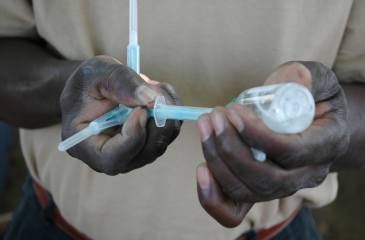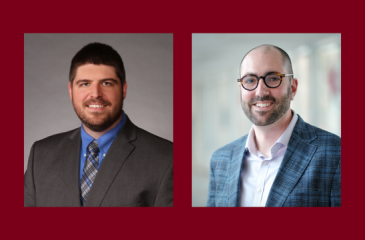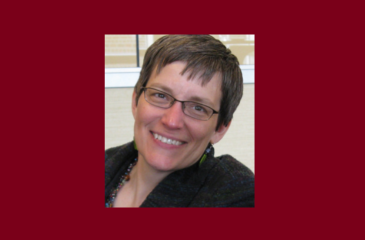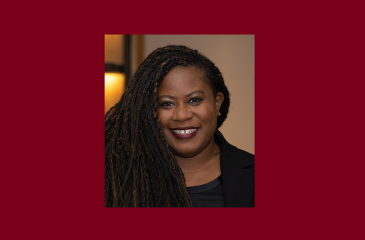This post is part of our "Bioethics in Focus" series featuring experts from the Center for Bioethics community.
Paul Farmer, MD and Harvard professor died in Rwanda recently. He was a prolific writer, an incisive analyst of health disparities, and a passionate advocate for global health as necessary for the well-being of the poor and for the well-off nations.
Although we were not close friends, I met Paul a couple times. I heard him lecture. He told me that he had used my work on community based tuberculosis treatment. I've read his Pathologies of Power: Health, Human Rights, and the New War on the Poor, several articles, and his biography by Tracy Kidder, Mountains beyond Mountains: The Quest of Dr. Paul Farmer, A Man Who Would Cure the World.
Paul was the greatest medical ethicist of our time and yet he was nearly invisible to the field of medical ethics. As far as I know, he never spoke to or was honored by the International Association of Bioethics or the American Society of Bioethics and Humanity. Case Western Reserve honored him as a medical ethicist.
It is misleading to speak of him as a “medical anthropologist.’ Anthropologists describe what is; ethicists evaluate what should be done. Ethicists examine and build a case for moral imperatives.
Paul was a prophet, the quintessential ethics vocation. He spoke uncomfortable truths to power and he told the powerful what must be done to set things right given their abuse of power. He ignored medical ethics' focus on the dilemmas of intensive care units or on respecting the autonomy of privileged consumers to refuse treatment. In his books, he criticized such a focus as an unaffordable distraction from the reality that the most severe threats to health will emerge from unjust and extreme disparities in wealth, education, life-opportunities, and access to health care. The inattention to radically reducing global health disparities endangers us all.
Paul died suddenly and unexpectedly in Rwanda on February 21, 2022 at sixty-three years old. He would probably have lived much longer and died in Boston where he was professor of medicine and chief of the Division of Global Health Equity at Brigham and Women’s Hospital or at Harvard Medical School where he was a professor and chair of the Department of Global Health and Social Medicine. But he died on duty in a poor country where his work, his moral commitments and his heart were.
He died while waves of variants of COVID-19 were tearing around the world.
He died when it was abundantly clear that the rich countries had no intention of ensuring the vaccination of people in poor countries as was repeatedly and successfully done with smallpox, polio, and measles.
His writings said that dismantling public health surveillance assured destructive epidemics. The US dismantled its disease surveillance in China and COVID-19 incubated and gained a foothold while the US and WHO tried to recreate the abandoned research capability.
Dr. Farmer called for a medical paradigm shift from research and clinical care that lavishes enormous resources on the wealthy few to the health situation of the dispossessed and marginalized. As a corollary he argued that respect for the principle of autonomy must be balanced with respect for the principle of justice..
Paul argued that the health-endangering effect of health disparities is that pandemics can arise and incubate in the neglected corners. The United States and its medical ethics community largely ignores the homeless, nursing home residents, prisoners, and undocumented workers in crowded factories. These places were precisely where COVID-19 gathered strength as experts played whack-a-mole with isolated outbreaks from ‘super-spreader’ events. Gatherings that were, in truth, the tip of a subterranean catastrophe that was recognized months later.
Paul was not an easy person to talk with. He was strident because he had a vision. He was impatient with the excuses and rationalizations of those who were privileged. I challenged him once:. 'Why should we put the treatment of HIV ahead of the provision of clean water in Africa? Drinkable water would be a much less expensive way to save lives."
"Yes it would be," he said. "But we must do both."
AIDS, his life work, swamped the world. For the last two years, waves of COVID-19 have rolled around the world killing more than a million people in the United States alone.
As I came to understand how right he was, I came to love him more. He is gone but he still speaks. Read his works.



